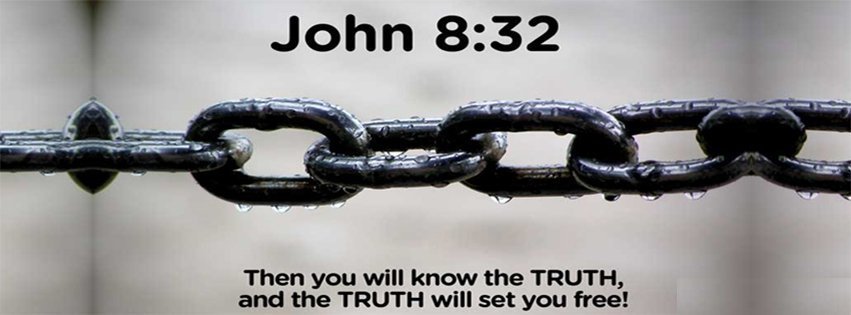The story opens with a female prophet and judge holding court between “the heavens” and the “house of God.” A thousand different sermons could be preached incorporating the story of Deborah. In this counter-intuitive story the themes of lament, prophecy, and the role of women come to the front. I’ve included links to sermons from Brian Zahnd, Matt Chandler, and Greg Boyd on each of those topics, but this story also shows us how God has revealed himself through Christ in the Old Testament. Any time a prophet hears the voice of God like Abraham and Moses, or sees a vision of God like Isaiah and Paul, we know that it is Christ they are hearing and seeing, because he is the Word of God made human, and the perfect image of the invisible God.
Deborah is a woman who has had an encounter with Christ, and this encounter has gifted her with the ability to judge the nation. She reaches out to a man named Barak and tells him to gather troops for an upcoming battle. It is tempting for us to interpret Barak’s response as cowardly or hesitant to obey God’s command from a woman, but if we look at the rest of scripture and ask ourselves, “where have we heard this before?” we will see that his words are not cowardly or disobedient at all. Barak responds by telling Deborah that if she will go with him then he will go, but if she will not then he won’t. If you take a second to think about other passages of scripture where a similar response is given, several should come to your mind.
In Exodus 33 Moses asks God to not send them away without his presence, Ruth tells Naomi not to send here away, and that wherever Naomi goes she will follow. In Psalm 16 David says that he has set the Lord always before him, and because God is at his right hand he will not be moved. Finally, in John 6 Jesus gives a very difficult teaching about the necessity for his followers to “eat his flesh and drink his blood,” and in response many people leave. Jesus turns to the twelve and asks them if they well leave also. Peter replies, “where will we go Lord? You have the Words of eternal life.”
Barak’s response is anything but cowardly or disobedient. His response is at the heart of what it means to be a Christian. When faced with the most difficult trial of his life, he looks to a woman who has seen the Lord and communicates God’s presence and will to the people, and Barak will not go without her. So much of the Christian life simply revolves around our response to fear, pain, doubt, and suffering. These things are enemies in our lives and they seek to kill, steal, and destroy all of the love, hope, and joy that we experience. In the midst of this suffering all that God desires is for us to trust that he is there, that he knows what we are experiencing, and that he will help us through our darkest hours, but most importantly if we let go, if we give up, if we cry out to him in anger and bitterness because of the pain that he has allowed, he will never turn his back on us.




